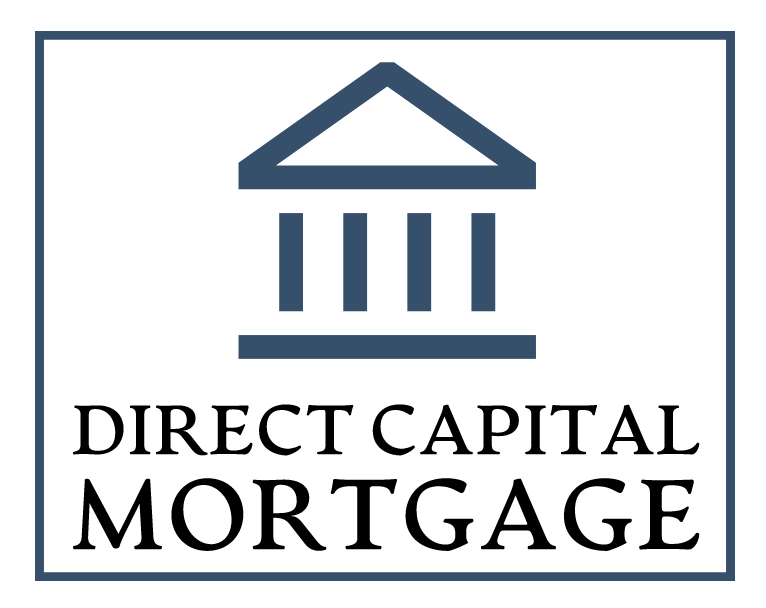When it’s time to apply for a mortgage, your employment status shapes the entire process. Whether you're self-employed or receive a W-2 paycheck, lenders will ask for proof of income—but how they evaluate it varies widely.
Understanding what to expect can help you prepare and avoid unnecessary delays.
Documentation Requirements and Income Review
The first difference you'll notice is the amount of documentation required. Lenders need to confirm your ability to repay the loan, but the way they verify income depends on how you earn it.
If you're a W-2 employee:
You'll submit two years of W-2s
Your most recent 30 days of pay stubs
One or two months of bank statements for down payment and reserves
Lenders use your gross income and verify consistency with your employer. If your pay is straightforward, approval is often faster.
If you're self-employed:
Expect to submit two years of personal tax returns
Business tax returns, if applicable
A year-to-date profit and loss statement
Business and personal bank statements
Lenders will focus on your taxable income, not gross business revenue. Write-offs can reduce your tax bill, but they also reduce the income you can use to qualify. This means you may show strong cash flow but still face challenges when applying.
How to Prepare Based on Your Income Type
Knowing what lenders need ahead of time allows you to avoid common roadblocks.
For W-2 buyers:
Avoid job changes right before applying
Make sure your income matches what’s reported to the IRS
Be ready to explain any gaps in employment
For self-employed buyers:
Keep business and personal finances completely separate
Minimize unnecessary deductions the year before applying
Work with a CPA who understands mortgage underwriting
Send draft tax returns to your loan officer before filing
If you’ve been self-employed for five or more years, some lenders may let you qualify using only your most recent year’s income, which can be helpful if the previous year was weaker.
Alternative loan options may also be available, including:
Bank statement loans (based on deposits, not tax returns)
Asset-based loans (using savings, investments, or retirement funds)
No-income documentation loans (for borrowers with large down payments and reserves)
Both W-2 and self-employed buyers can successfully qualify for a mortgage, but the preparation process is different.
W-2 buyers should expect a more direct path with less paperwork. Self-employed buyers will need to be more strategic, especially around tax time, to show enough qualifying income. Regardless of how you earn, clear records and early planning make a big difference.
Thinking about applying soon?
Schedule a free consultation to review your options or apply now to start your home loan. Let’s make sure you are prepared to buy.
Date Posted: 8/03/2025
by Alexander Pfleger

